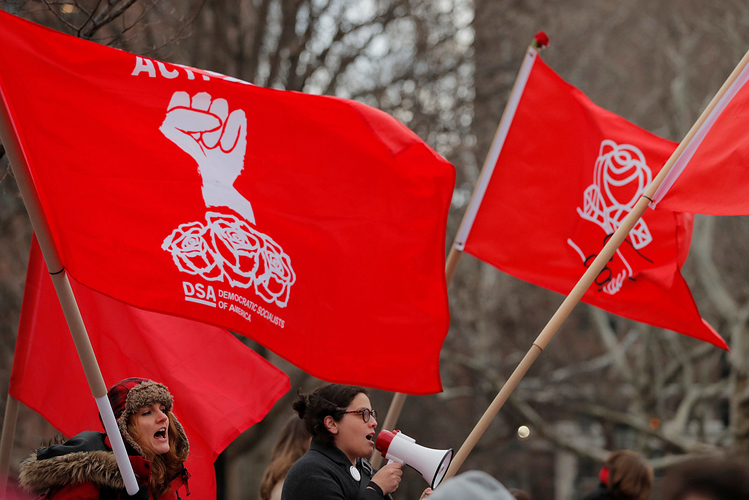In the online journal Blind Field, Noah Zazanis reviews We Can Do Better: Ideas for Changing Society by David Camfield, a book that seeks to provide an intellectual framework for new left-leaning movements that have emerged in the past few years, in response to a collapsing political center and a resurgent far right. In his review, Zazanis praises Camfield for avoiding the pitfall that many of these left-learning movements have encountered: prioritizing class over race and gender, or vice versa. Camfield, by contrast, recognizes the interdependence and inextricability of these phenomena. Here’s an excerpt from the review:
We Can Do Better succeeds in its translation of fundamental historical materialist concepts for a broader audience. Though Camfield makes no outright commitment to Marxism in this text, the book’s clear, straightforward writing and use of specific examples is nonetheless particularly well suited to familiarizing new leftists with Marxist methods in the many instances where “just read Capital” isn’t a satisfactory suggestion. The emphasis on a unitary theory of gender and sexuality is unique for an introductory text of this sort, and helps outline the relevance of anti-capitalism to contemporary social movements which may not deal directly with “economy” in the traditional sense. It remains rare for both class and “identity” oppression to be addressed in combination at all at this level, and even rarer to find a thorough discussion of the role of production and reproduction in both. As such, this text proves as a valuable intervention on two fronts; first, in its relevance to intraleft debates around the relevance of questions of identity to anti-capitalist struggle, and secondly, in its application of historical materialist thought to contemporary struggles around gender and sexuality (and to a lesser degree, race). Camfield’s foregrounding of the material constitution of oppression helps provide an alternative to reductionisms of all sorts, and ensure that today’s activists are equipped with the tools they need to interpret the world in order to change it.
Image via the NY Times.
